You know that sleep deprivation is bad for your health, and can contribute to weight gain, diabetes, heart disease, memory, and even mortality. But now a new study shows us another consequence of insomnia—accelerated skin aging.
A research team from University Hospitals Case Medical Center found that people who were qualified as “poor sleepers” demonstrated increased signs of skin aging.
You may be using sunscreen, regularly care for your skin, and watching out for potentially damaging chemicals, but could you still be aging faster than you need to? Here’s more to help you find out.
If you don’t get enough sleep, it could show up on your skin.
Study Results
For the study, researchers observed 60 pre-menopausal women between the ages of 30 and 49. Half were considered to have “poor quality” sleep, a qualification made on the basis of average duration of sleep and the Pittsburgh Sleep Quality Index, a standard questionnaire-based assessment of sleep quality.
Researchers evaluated each woman’s skin visually and through a number of non-invasive skin tests, including UV exposure and skin barrier disruption. Participants also filled out a sleep log for one week to show how they were sleeping.
The results showed:
- Poor quality sleepers showed increased signs of intrinsic skin aging including fine lines, uneven pigmentation and slacking of the skin and reduced elasticity.
- The average score in the good quality sleepers was 2.2, versus 4.4 in poor quality sleepers. A higher number correlated with a more aged appearance.
- Good quality sleepers recovered more efficiently from stressors to the skin. Poor sleepers had a harder time recovering from sunburn and redness, showing that they had more stubborn inflammation.
- In a test measuring the ability of skin to hold onto moisture after being stressed, recovery of good quality sleepers was 30 percent higher than poor quality sleepers, showing that their skin was able to repair damage more quickly.
- Good quality sleepers considered themselves more attractive than poor quality sleepers.
- Researchers found no difference in extrinsic aging, which includes coarse wrinkles and sunburn freckles.
“Our study is the first to conclusively demonstrate that inadequate sleep is correlated with reduced skin health and accelerates skin aging,” said lead author Dr. Elma Baron. “Sleep deprived women show signs of premature skin aging and a decrease in their skin’s ability to recover after sun exposure.”
Tips to Ward Off the Damage
Health experts recommend that most people get 7-9 hours of sleep tonight. Tips to help you get a good night’s sleep include going to bed at the same time every night, adopting a regular bedtime routine, turning off all technological gadgets at least an hour before bedtime, and avoiding caffeine and alcohol in the hours before sleep. But what about those occasional times when you really can’t help getting fewer hours than you’d like?
What this study shows us is that skin needs extra care when we’re living on less-than-optimal sleep. Try these tips…
- Protect from the sun. UV rays are enemy number one when it comes to aging the skin. When you’re lacking sleep, be sure you’re giving your skin extra protection. Use hats, umbrellas, and shade, and apply a safe sunscreen even if it’s cloudy outside.
- Use antioxidants. If skin is more susceptible to environmental stressors after a restless night. Beefing up your application of antioxidants can help. Our products are full of skin healthy antioxidants, including hazelnut oil, basil, and barberry bark.
- Moisturize. Lack of sleep robs skin of its ability to hold onto moisture, so adding a bit extra the next day can help your skin cope. Try our Coconut Honey Mask, which will infuse your skin with essential fatty acids that not only moisturize, but moisturize deeply.
- Rejuvenate. Researchers discovered that less than optimal sleep slows down skin’s to stay radiant. Give it a boost with our Citrus Stem Cell Serum, which not only encourages a revived look, but also packs a powerful antioxidant punch with superoxide dismutase, while balancing skin tone with lightening vitamin C and sandalwood.
What do you do to care for your skin when you’re sleep deprived? Please share your tips.
* * *
Sources
Shelley Emiling, “Sleep Deprivation Linked to Aging Skin, Study Suggests,” Huffington Post, July 24, 2013, http://www.huffingtonpost.com/2013/07/24/sleep-deprivation-effects-aging-skin_n_3644269.html.
University Hospitals Case Medical Center (2013, July 23). Sleep deprivation linked to aging skin, study suggests. ScienceDaily. Retrieved August 13, 2013, from http://www.sciencedaily.com /releases/2013/07/130723155002.htm.
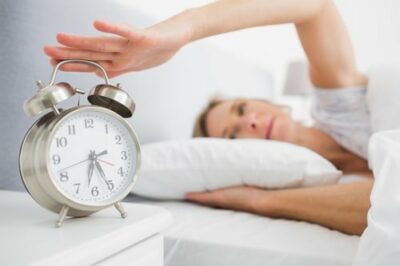

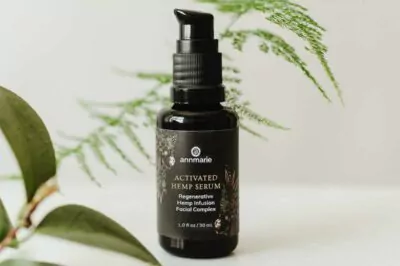
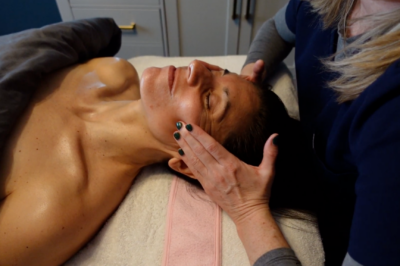

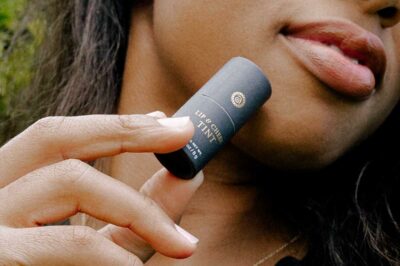
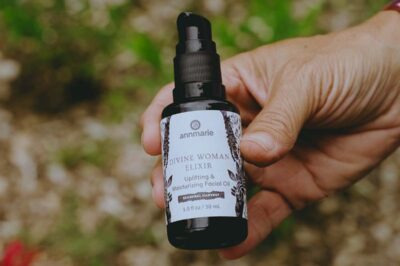
Leave a Reply